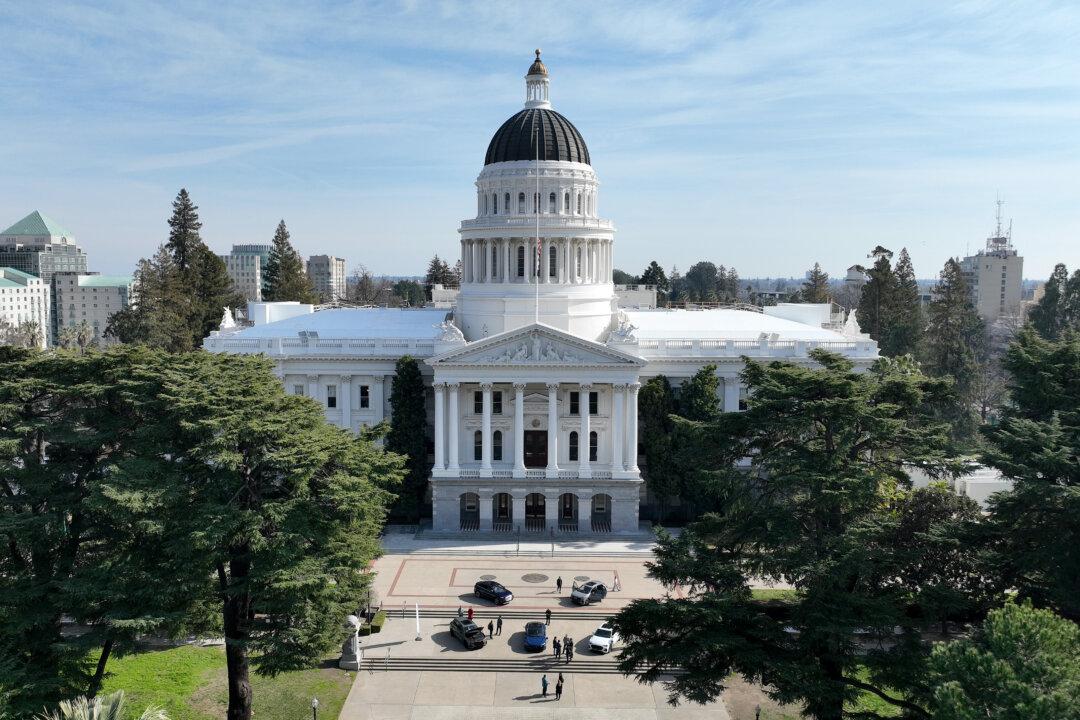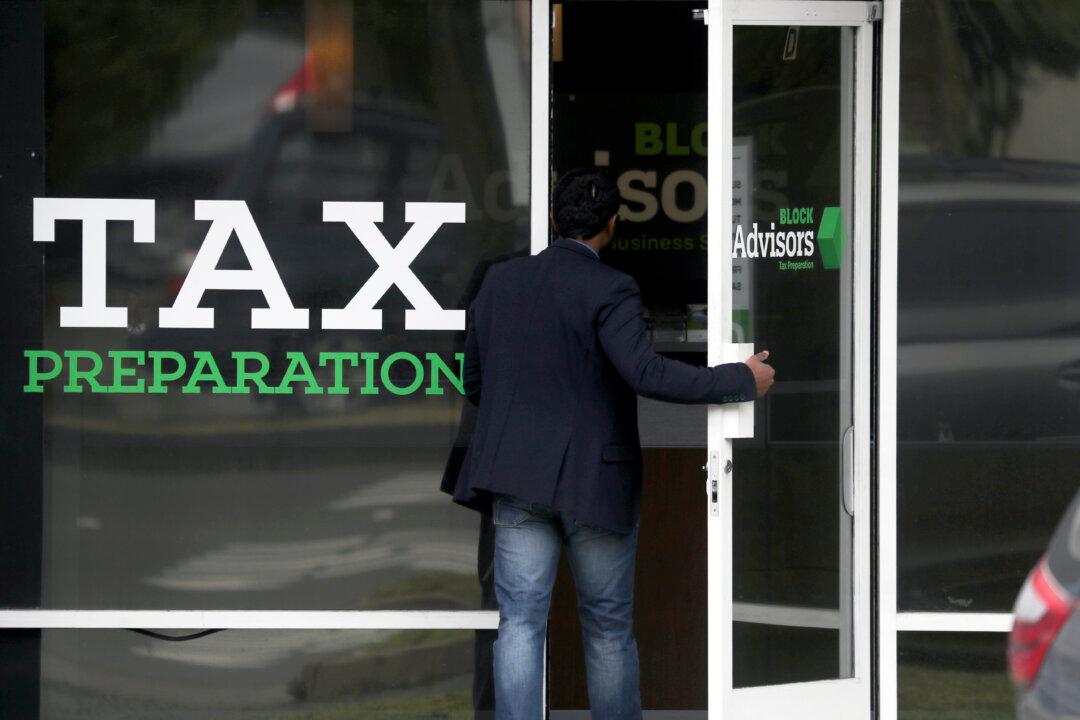A Jan. 13 settlement between student loan servicer Navient and 39 states will cancel $1.7 billion in student loans, but the agreement has raised questions about the issue of student loan accountability.
The settlement resolved a long-standing lawsuit that alleged that Navient, previously known as Sallie Mae, engaged in unfair practices by steering student loan borrowers into forbearances and away from federal student loan relief programs.





